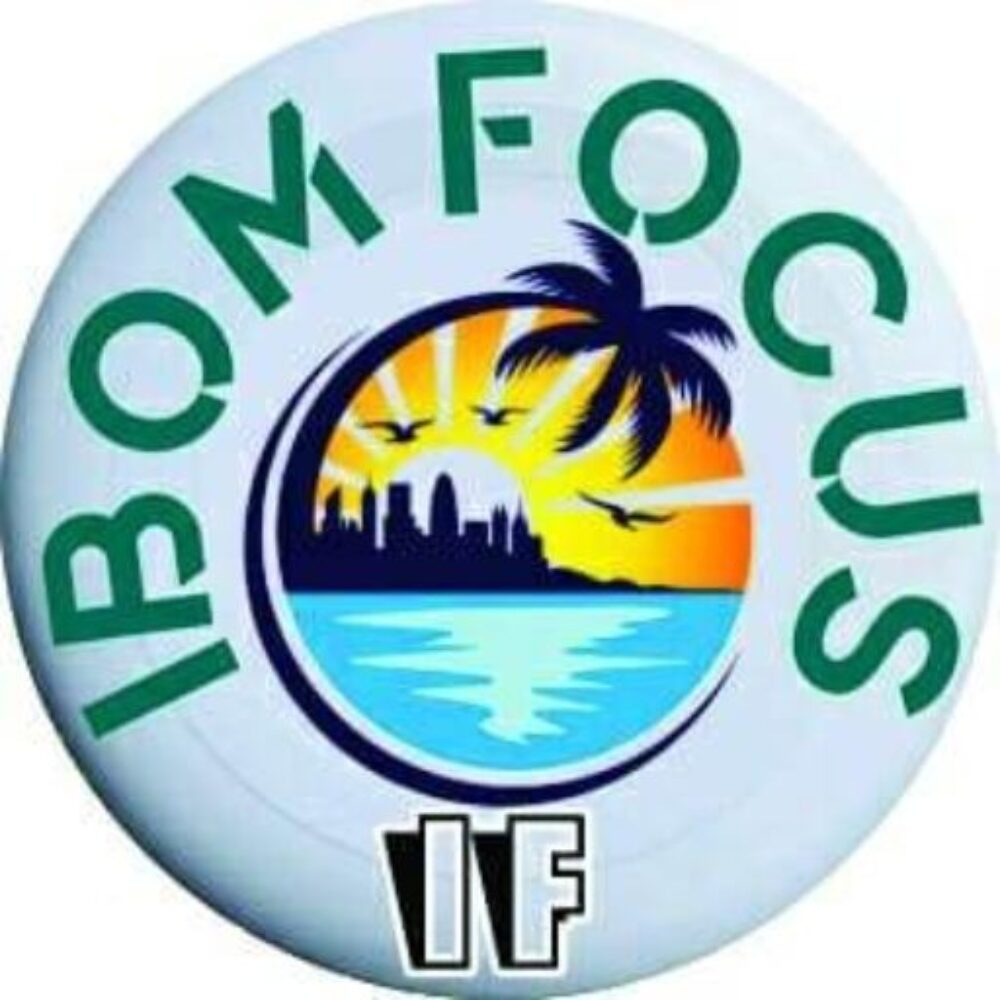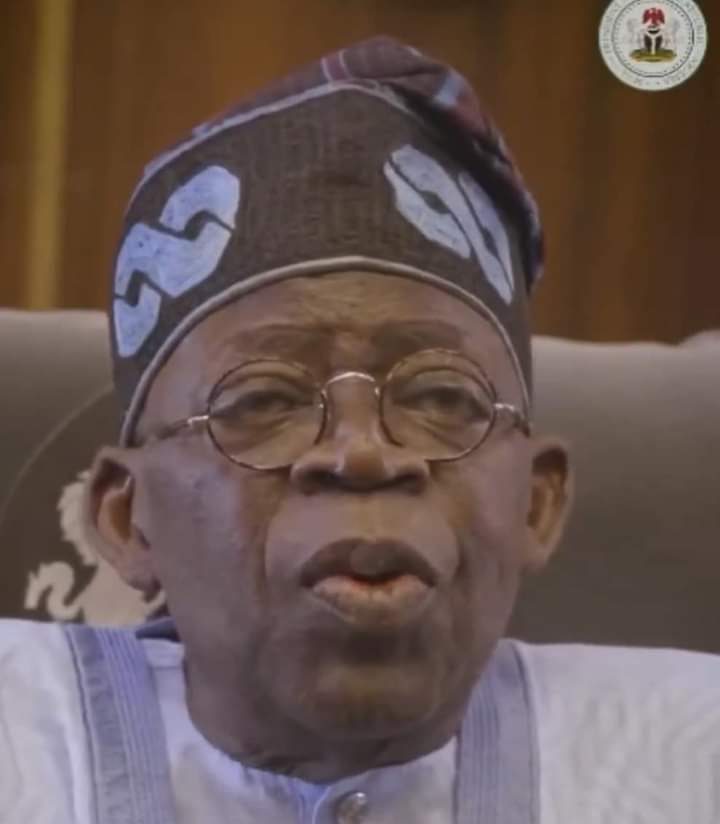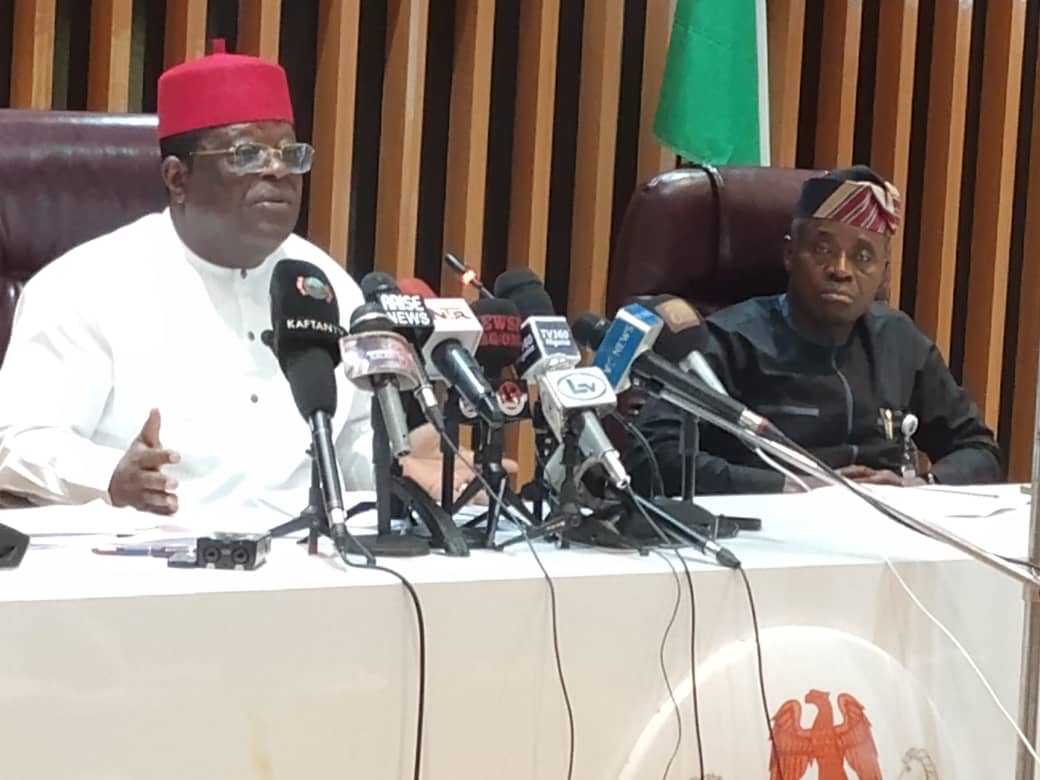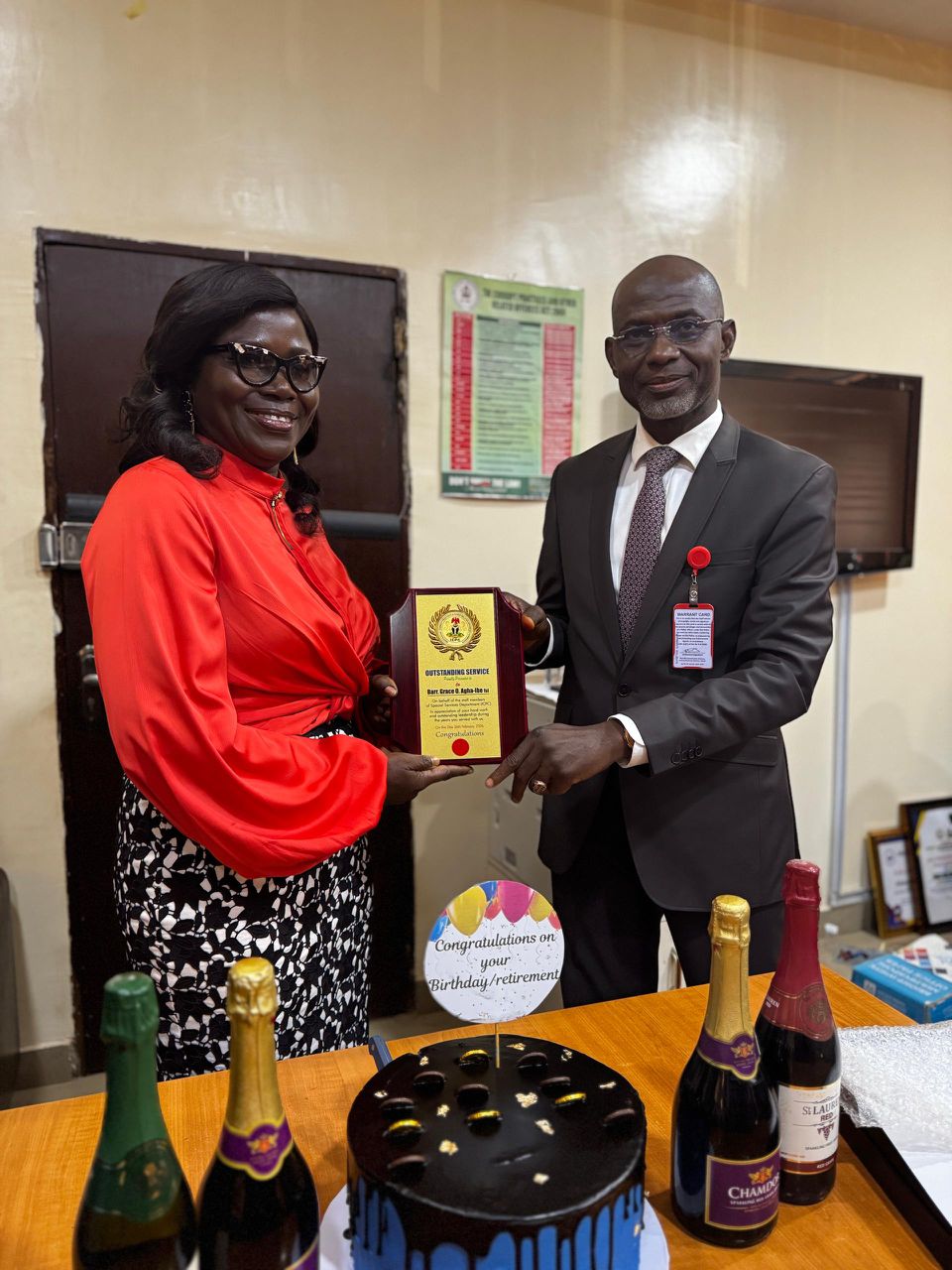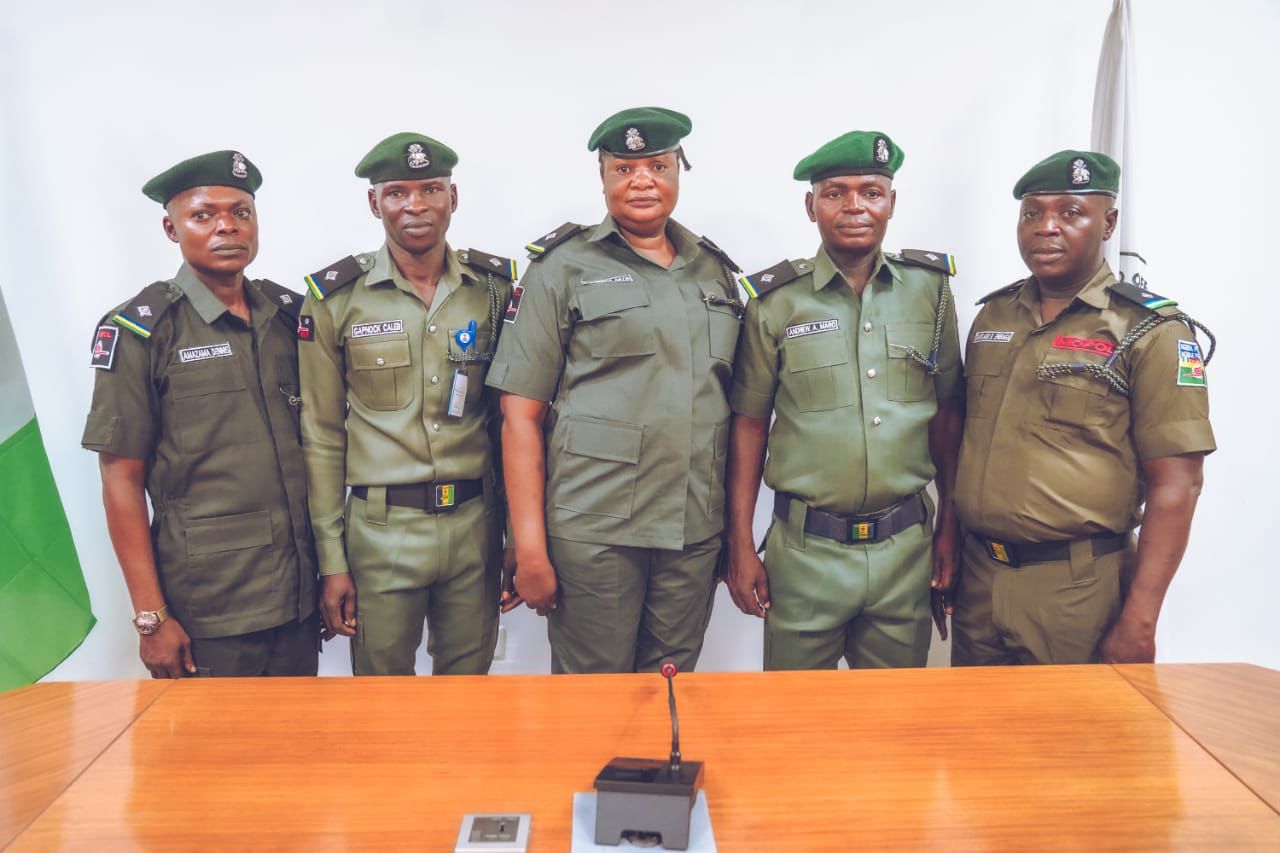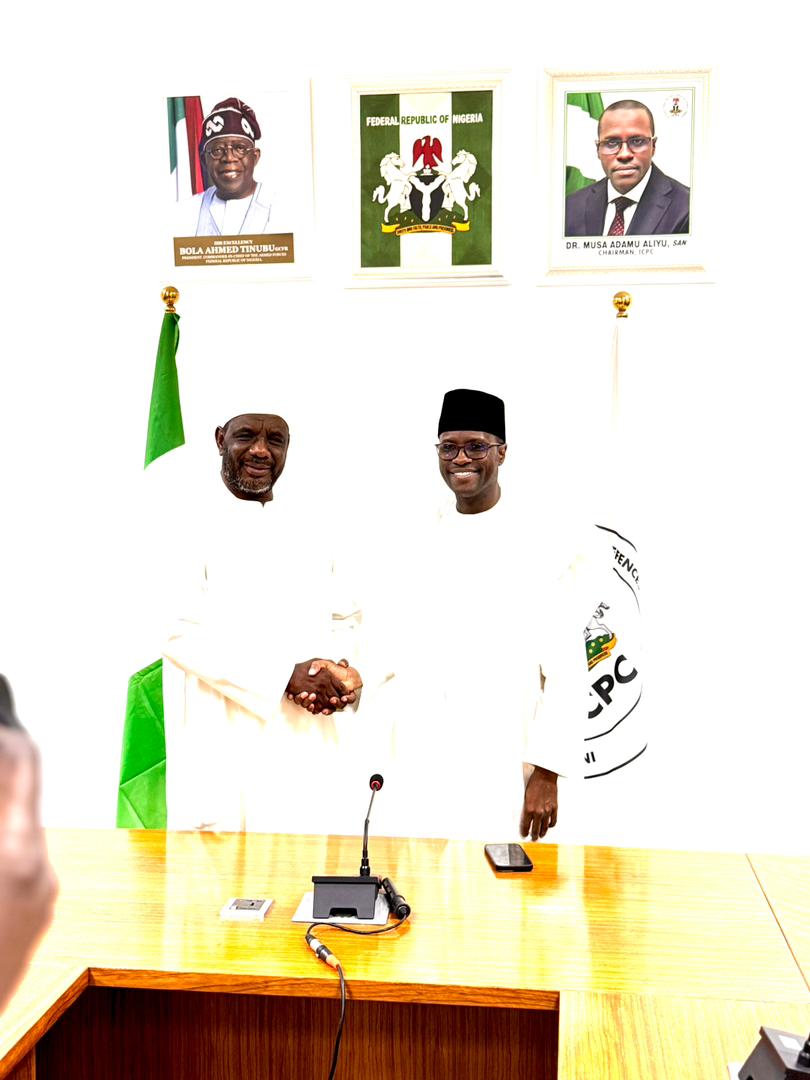
Popular Catholic Priest Commits Suicide, Photo
Information reaching Ibom Focus says that Popular Catholic Priest Commits Suicide.
A Catholic priest took his own life days after learning police were investigating him over a ‘historic allegation’, a coroner has ruled.
Canon Michael McCoy, 57, was found dead at his apartment in Newcastle on April 10 last year.
An inquest heard that a week earlier, on April 3, an incident involving Mr McCoy had been reported to Northumbria Police. A ‘very brief account’ was obtained from the complainant a day later.
Mr McCoy, who was Dean of St Mary’s Cathedral, Newcastle, was visited by officers on April 6 and told that a historic allegation had been made against him, and that he would be invited for a voluntary interview at some stage.
Detective Sergeant Julie Beattie, of Northumbria Police’s child and adult protection department, said Mr McCoy was ‘upset’ but said he would seek his own support from friends and colleagues.
The inquest at Newcastle Coroner’s Court heard Mr McCoy voluntarily withdrew from his ministry in the cathedral and moved into an Airbnb.
Angela Richardson, safeguarding coordinator for the Diocese of Hexham and Newcastle, said she spoke to him after his visit from the police.

She told the inquest: ‘He was visibly shaken, he was upset, he was shocked following the visit from the police and the allegations that had been made.’
Ms Richardson said she told Mr McCoy the diocese would look at alternative accommodation for him as ‘normally in these circumstances it’s inappropriate for the priest to remain in that setting’.
She said that did not need to happen in the coming days but Mr McCoy contacted her on April 8 to say he ‘couldn’t stay in the cathedral any longer’.
‘He felt everybody knew and it was an impossible position,’ Ms Richardson said.
‘He was in the cathedral but wasn’t able to be involved in ministry – he found this upsetting and didn’t feel he could stay.’
The inquest heard Mr McCoy found his own Airbnb but ‘wasn’t happy there’ and was looking for alternative accommodation before he died.
Ms Richardson said: ‘I suggested he could either return to the cathedral in the interim or if he was really unhappy, the diocese could fund hotel accommodation.
‘He said he would stay there that evening. He felt he wanted to source his own accommodation, he wanted to have some control over where he lived.’
The inquest heard that on April 10 a man attended Mr McCoy’s apartment ‘as part of the provision of support for him’ and became concerned when he did not get an answer.
The concierge service helped him gain access to the apartment, where Mr McCoy was found dead.
Ms Beattie said Mr McCoy had not left a note, and his mobile phone and tablet had been factory reset, and nothing could be retrieved from them.
Ms Richardson said concerns had been raised about Mr McCoy in 2007 and 2010 but the nature of this was not revealed.
The inquest heard a professional standards investigation by Northumbria Police after Mr McCoy’s death ‘found no concerns and no missed opportunities to safeguard him further’.
An investigation by the diocese also concluded there was nothing ‘that could or should have been done differently’ to prevent Mr McCoy’s death, and there were no concerns at the time that he was a risk to himself.
Medical records showed he had an anxiety disorder but no history of suicidal thoughts or self-harm.
Senior Coroner Karen Dilks found Mr McCoy ‘initiated his death in association with an historic allegation against him’.
A conclusion of suicide was recorded.
